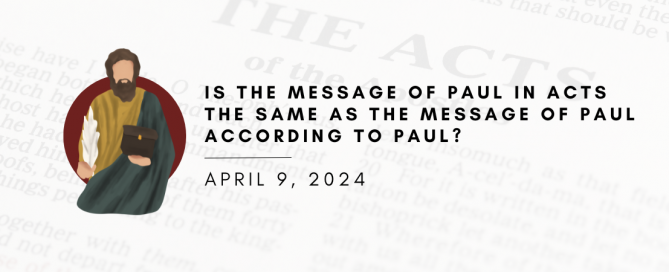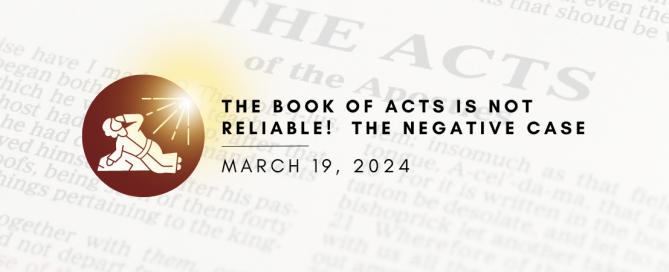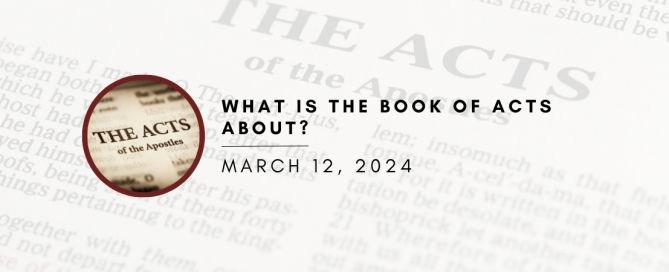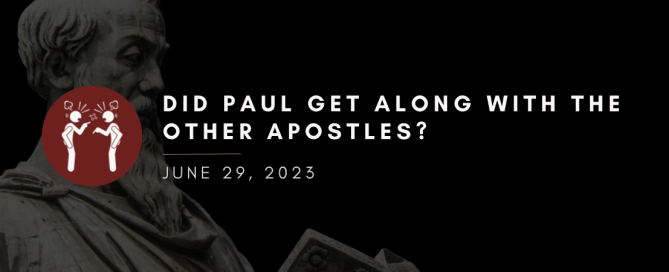Discovering the book of acts and the apostles.
Is the Paul of Acts at Odds with the Paul of His Own Letters?
Here I continue my few remarks on the differences between Paul’s proclamation as recorded in the speeches he gives in the book of Acts and the views he sets forth in his own letters. Again, this is taken from my book Peter, Paul, and Mary Magdalene (Oxford, 2006). ****************************** Further contrasts between what Paul says about his proclamation and what Acts says about it can be seen in the first major speech Paul delivers in Acts, on the first of his three missionary journeys in the book, in the town of Antioch, Pisidia (central Asia Minor). Paul and his companion Barnabas arrive in town, and on the Sabbath they go to the synagogue for worship with their fellow Jews. As outside guests, they are asked if they have anything to say to the congregation. Paul stands up and delivers a long sermon (Acts 13:16-42). He addresses his hearers as “Israelites,” and gives them a brief summary of the history of the Jewish people, down to the time of King David. He then [...]




